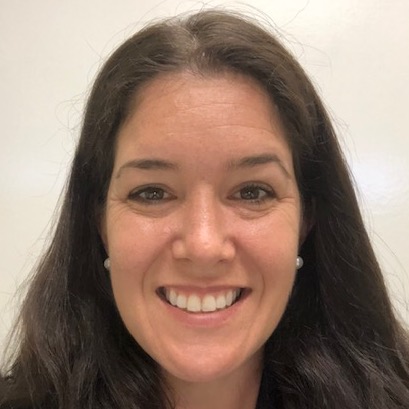4 minutes
Keeping multicultural, multigenerational humans in the loop is crucial.
Voices around the ethics of technology innovation are getting louder. It’s no surprise, given some of the emotionally wrought use cases of the day.
As just one example, Amazon recently announced it’s working on a deepfake audio capability to bring deceased loved ones “back to life” through its Alexa virtual assistant. Amazon’s artificial intelligence technology will have the capacity to render high-quality voices using less than a minute of actual recorded audio.
This is the world credit union members live in. And, if they don’t already, they will very soon expect greater transparency around how and why their digital footprints are being used. Credit unions will want to have good answers to those questions.
A Methodical Approach to Responsible Innovation
Developments like Amazon’s deepfake audio bring to mind the adage, “Just because we can doesn’t mean we should.”
It’s important for everyone, but especially those of us working in human-centered organizations, to keep that warning close by as we evaluate new solutions. Particularly as the movement explores automated decision-making on things like loan applications and risk-based pricing, we need frameworks in place to ensure our ethical compasses stay calibrated. Doing so will be crucial to earning and maintaining the trust of members, which is arguably one of the most valuable credit union assets.
Keeping not only humans—but multicultural and multigenerational humans—in the loop will be critical to the development and deployment of those frameworks. Co-op Solutions is following this practice through its Ethical Data Use and Practices Council. Co-op founded the council to help steer around potential bias-based potholes along its AI and analytics journey.
Organized around principles of diversity, equity and inclusion, the council is comprised of 15 employees representing a cross-functional team with diverse backgrounds. We want to be methodical and intentional about being responsible with the data that flows through our systems. Importantly, we want to make sure the humans making those decisions are coming to them from the most diverse set of viewpoints possible.
Shooting for the Ideal Mix of Humanity and Technology
Like Co-op, credit unions are in possession of highly sensitive and highly suggestive data. In the hands of people intending to help people, financial transaction analysis being used to predict financial behaviors can create positive, perhaps even life-improving, outcomes. But in other hands, it can do the opposite.
That’s why AI and machine learning technologies designed to perform behavioral analysis must be fully investigated. It’s the job of the humans using the machines to ensure entrenched biases have been rooted out and marginalized communities have been considered.
After all, different cultures approach financial decisions in different ways. Unless those differences are accounted for, it’s entirely possible, maybe even likely, for data models to generate ill-conceived prescriptions. We’ve seen it happen.
A fairly well-known example is that of Optum, a system that helps healthcare providers identify patients in greatest need of follow-up. Across more than 100 million patients, the AI-based system was found to be prompting doctors and nurses to pay more attention to one race of people over others. The AI had been trained with data that reflected historical discrimination.
While no group can fully eradicate bias, that’s no reason not to look out for it and take corrective action when we find it. It’s not only the right thing to do, it’s the smart thing to do. No credit union wants to risk a member relationship with an incorrect assumption, or worse, an inappropriate action, based on faulty information.
Credit unions that achieve the ideal mix of humanity and technology will be in the best position for improving the financial lives of members in the future. Of course, members will have the ultimate say in what striking that balance looks like.
Who knows, maybe it really will be a smart-speaker call from a long-lost Grandma encouraging her grown grandchild to stick to a budget or invest 15%. As long as the experience is delivered from a trusted partner with full permission to engage in this way, it may be just the thing to kickstart a lifestyle of financially healthy behaviors.
Catherine Maloney is VP/data management and analytics for Co-op Solutions, a provider of payments and financial technology to credit unions and a CUES Supplier member. Maloney is also a certified data ethics professional.






